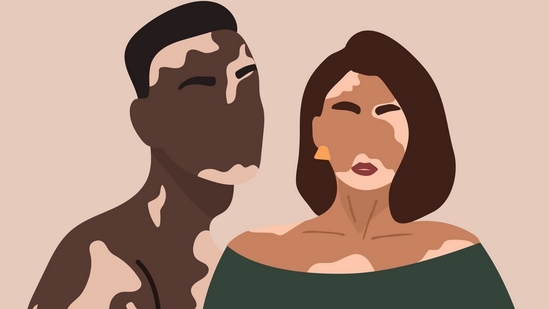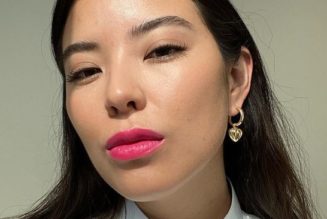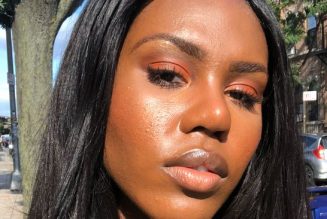Ayurveda recognises the need for holistic approach to treating vitiligo, addressing both the underlying imbalances within the body and the psychological impact
Vitiligo is a complex skin condition that leaves affected individuals grappling with both physical and psychological distress and while modern medicine continues to explore various treatment modalities, there is a growing interest in evaluating the efficacy of Ayurveda, an ancient Indian system of medicine, in managing vitiligo. According to Ayurvedic experts, Ayurveda perceives vitiligo as a manifestation of imbalances within the body’s doshas, particularly pitta and bhrajaka pitta i.e. a sub-dosha governing skin health.

In an interview with HT Lifestyle, Dr Amit Deshpande, Founder and Director at Activist, revealed, “The treatment approach involves pacifying the aggravated doshas, cleansing the body of toxins, and rejuvenating the affected skin. Ayurveda classifies most skin ailments as minor (kshudra) diseases. However, vitiligo (shwitra) is unique in that it may involve systemic imbalances despite primarily manifesting on the skin. It is considered a non-discharging condition and is distinct from leprosy. Vitiligo affects both males and females equally, with approximately 1 to 2% of the global population experiencing its impact.”
Holistic Treatment Approach
Asserting that Ayurveda recognises the need for a holistic approach to treating vitiligo by addressing both the underlying imbalances within the body and the psychological impact on the individual, Dr Amit Deshpande said, “The treatment aims to restore homeostasis, detoxify the body, and promote melanin synthesis. Ayurvedic therapies, such as Panchakarma, play a vital role in achieving these objectives. Panchakarma is a powerful purification treatment that helps restore hormonal balance and detoxify the body, thereby creating a favourable environment for vitiligo treatment. Prior to specific medical interventions, Ayurvedic practitioners often recommend undergoing Panchakarma to optimise the effectiveness of subsequent therapies.”
Diet and Lifestyle Modifications
Dr Amit Deshpande highlighted, “Ayurvedic practitioners emphasise the significance of dietary and lifestyle adjustments to support vitiligo treatment. A diet rich in antioxidants, including fresh fruits, vegetables, and whole grains, is recommended to enhance overall health and aid in skin rejuvenation. Stress management techniques, meditation, and yoga are also encouraged to promote emotional well-being and reduce psychological distress associated with vitiligo.”
He concluded, “In the realm of vitiligo treatment, Ayurveda offers a holistic approach that addresses the physical and psychological aspects of the condition. Ayurvedic treatments based on ancient wisdom and individualised care show promise in managing vitiligo. By understanding the unique characteristics of vitiligo in Ayurvedic terms, practitioners strive to restore balance and harmony to the body through therapies such as Panchakarma. However, it is essential to combine Ayurvedic treatments with ongoing scientific research to establish their efficacy and integrate them into mainstream vitiligo management practices. Through this synergy between tradition and innovation, we can pave the way for vitiligo patients to have effective treatment.”









